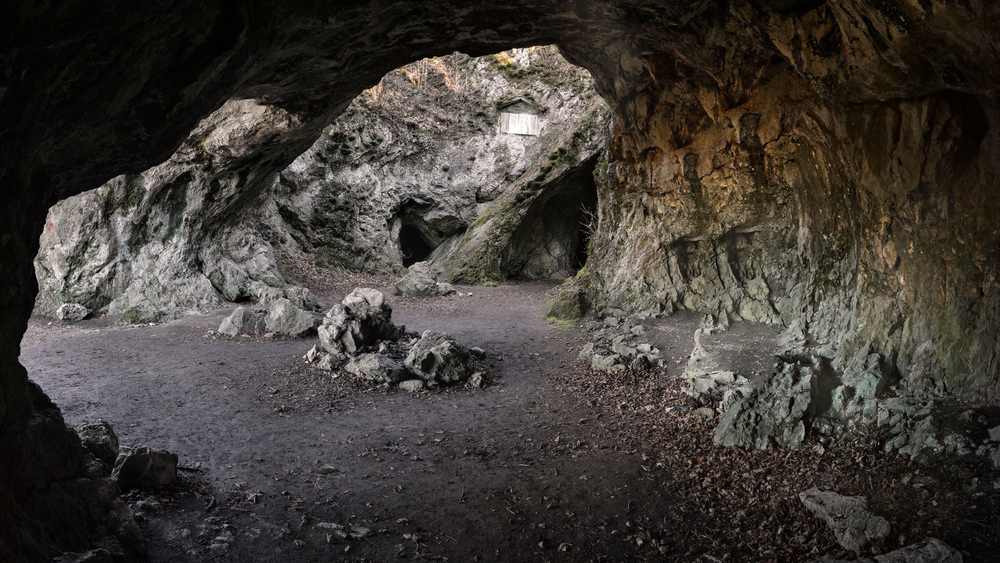New Discoveries Reveal Earth’s Untouched Biodiversity
Others are reading now
New discoveries in nature keep showing us how much we still have to learn about the world around us.
From the deepest caves to the highest mountains, scientists are constantly uncovering species that have never been documented before.
The latest breakthrough comes from the Nerja cave in Málaga, Spain, where researchers have identified a new species of spider, writes WP.
The Nerja cave is famous for its archaeological importance and stunning rock formations. It draws hundreds of thousands of visitors every year.
Also read
Scientists have been studying its ecosystem for decades, using special traps to collect samples.
Between 2000 and 2001, and again between 2017 and 2019, researchers set up traps filled with a mixture of propylene glycol and beer, baited with sobrasada, a Spanish sausage.
One of these traps led to an unexpected find.
The new spider species, named Anapistula delrosalae, belongs to a little-known genus. It has a serrated fang edge, making it different from other Anapistula species found in Europe.
It is also slightly larger and more transparent than its relatives. Scientists believe the species is spread throughout the cave, as they have also observed egg sacs and other individuals.
However, for now, the official description is based only on female specimens found in the traps.
The discovery adds to a growing list of recent finds in the animal world. In the Baltic Sea, researchers identified a new species of herring that does not feed on plankton like traditional herring.
This newly discovered fish is larger, fatter, and predatory, making it more appealing for commercial fishing.
Genetic studies suggest that it consists of two distinct subpopulations, which could have an impact on the marine ecosystem.
Meanwhile, a Polish-Venezuelan expedition has explored the remote Tramén Tepui mountain in Venezuela.
The mountain’s isolated environment, known for its unique wildlife, has revealed new species of butterflies and frogs.
Scientists believe these findings could provide valuable insights into the evolution of the region’s fauna.
Tramén Tepui is difficult to access, with harsh weather and steep cliffs. The expedition required advanced equipment and careful planning.
The newly discovered species are an important contribution to biogeographical studies.
The research also continues a long tradition of Polish scientific exploration in South America.
These discoveries remind us of how much there is still to explore. From deep-sea fish to hidden cave dwellers, every new species helps scientists understand biodiversity and evolution.
Field research remains essential for protecting fragile ecosystems and uncovering the secrets of nature.


